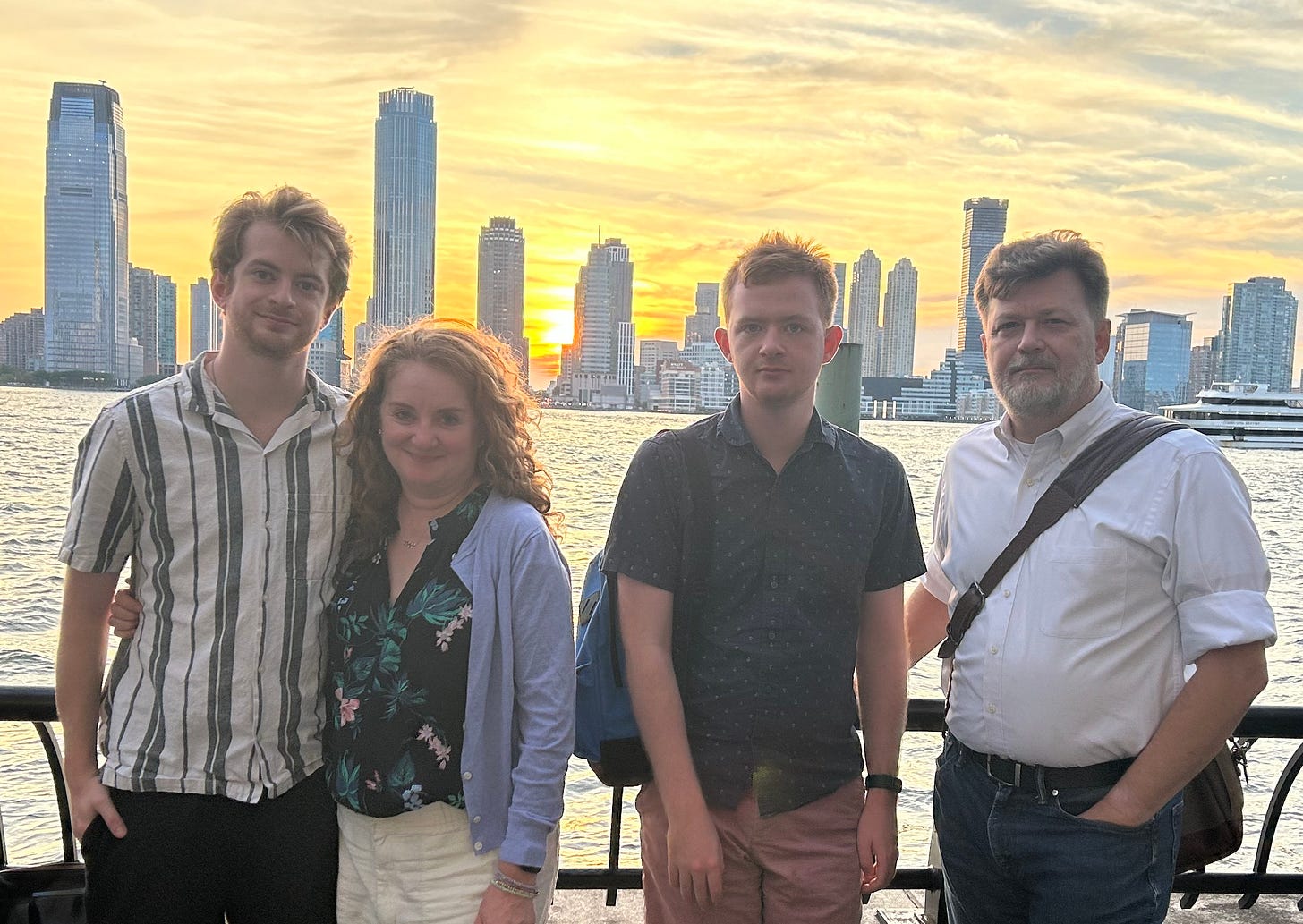Photo by Ernie Journeys on Unsplash
I used to start the first day of the “State and Local Government” class at the local college by telling my students that this was the most important political science class that they would ever take.
The students rolled their eyes at me, because “State and Local Government” is viewed as the least glamorous of all the political science classes. The international politics professors get to talk about bombs and wars. The American politics professors talk about rogue presidents and scandals. “State and Local Government” is a 200-level class than can’t even attract enough students to fill seats in a senior seminar.
So, I explained that at some point they would grow up. They would have kids, buy a house, and begin caring that their garbage cans were getting emptied, their kids were getting educated, and that the pothole was filled in front of their house. In fact, garbage, schools, and potholes would matter more to them than geopolitical events. When they got really mad about these issues, they would have to deal with local government. And then, they will be glad that they took my class, where they learned how local government works.
In the twelve years since I taught that last class, I’ve gone from teaching local government, to writing about local government (schools are local government), to running for local government. Campaigning for a position on the town school board is taking up most of my time right now. It’s truly a lot of fun, and I’ll talk about these experiences at a later date.
For now, just a couple of quick observations:
Low Pay
Local government officials in most states, including New Jersey, are not paid for their work. And it’s a lot of work. The bimonthly school board meetings often stretch on for four or five hours. The members also have committee assignments and visits to parents groups. Not many people are willing and able to commit twenty hours per week to a job with no salary.
Those higher up on the political food chain, like state legislators and state senators, do earn a salary, but it’s not a serious salary. Assembly people and State Senators in New Jersey have an annual salary of $49,000. In contrast, local police chiefs of very small towns in my state earn over $200,000 per year.
The low salary for local elected officials is justified because the job is considered part-time work, but it just leads to obvious problems with conflicts of interest and limited participation.
Hotter Elections
Typically, school board elections can be best described as “sleepy.” The one guy, who is willing to do the job, is on the ballot by himself for years and is elected by the handful of residents who actually pay attention to school board races.
But that’s changing. I’m competing with seven other people for two spots on a school board. Did I mention that there’s no salary for this position? What’s going on?
The growing competition in school board elections is part of a trend across New Jersey and nationwide. School boards have become Ground Zero for the culture wars.
While I haven’t seen culture war politics in my town yet, it is a big issue in other areas. Gov. Murphy supported a sex education curriculum that includes informing 13-year olds about alternatives styles of sex. A curriculum that involves teaching middle schools students about anal sex has mobilized many parents.
Honestly, I went back and forth about how to write that previous sentence, but if I have trouble writing about it in a newsletter, how is the teacher going to talk about it in room of giggling teenagers? How do we discuss this at the local school board meeting without blushing?
Fears around a repeat of COVID-era shutdowns are also fueling political activism.
Also, these local jobs have become a place for those with ambitions for even higher positions, to gain skills, connections, and experience. Political training wheels.
Local Government Matters
When this election is done, I’ll talk about local campaigning and how to do things cheaply and legally. I share this information, because we need more smart people running for local office, even without compensation. Local government matters.
In addition to potholes, sanitation, and schools, your local government makes sure that seniors have transportation to the supermarket, that your water is free from lead, and that children have a safe place to hang out in the summer time. All important stuff.
Local government makes sure that you are safe when a disaster happens. The local government officials in Maui had no idea of how to handle the fire and didn’t turn on the alarm system. Ugh.
Even the little things that they do, like determining the hours of the pickleball court or the Sunday music series in the park, creates a better quality of life and a community that keeps everyone sane and happy.
So, do it. Run for office. And later in November, I’ll share my tips and tricks.
LINKS
I did an update on the disability parenting saga:
With the demise of Twitter, my reading patterns are all thrown off. I still pop in there occasionally to see what the hold-outs are talking about, but it’s no longer a home base for me for politics and hot topics of the day. I haven’t migrated over to the Twitter Wannabee Sites, though I am definitely reading more on Substack. It will be interesting how to see everything shakes out when the 2024 election gets closer.
It’s the anniversary of Queen Elizabeth’s death. Here’s what I wrote about the Queen last year.
Education: Teachers College is “dissolving” Lucy Culkin’s reading program. College students are struggling with math, because of the Covid-era shutdowns.
Pictures: From a trip to Steve’s office in downtown Manhattan.
Watching: Only Murders in the Building, Ashoka, Reservation Dogs






